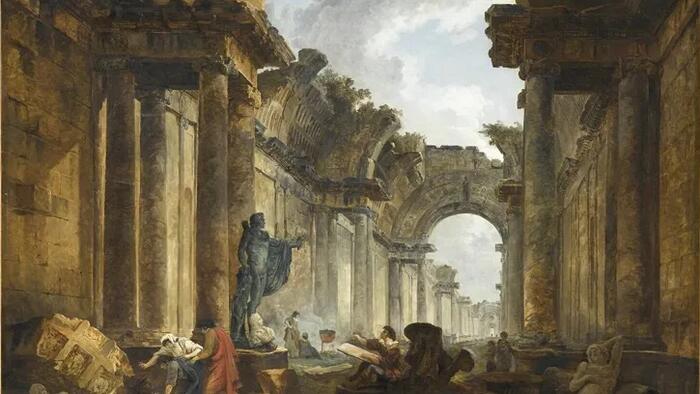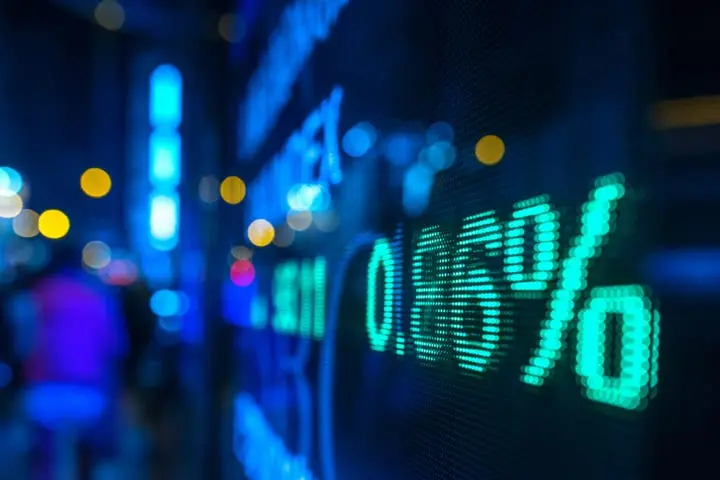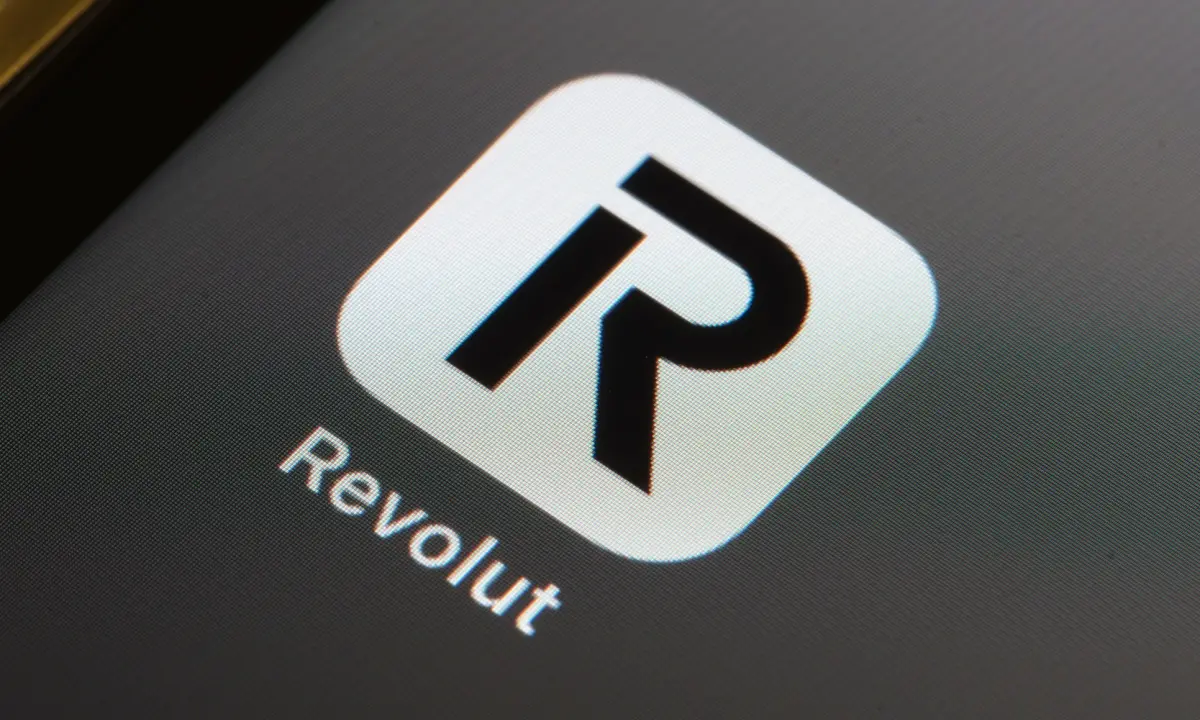Bridging the Divide: The Challenges of Communication in a Polarized Society
Explore the struggles of communicating across political divides and the theories explaining our current socio-political disorder.
Page views: 2

In today's increasingly polarized society, meaningful dialogue between opposing political camps has become a rare commodity. As James Howard Kunstler reflects in his thought-provoking piece, the challenge of communicating across the divide is not just a personal struggle, but a reflection of broader societal tensions.
Kunstler shares a poignant personal experience of attempting to engage with a relative from the West Coast. Despite efforts to steer the conversation away from politics, the exchange ultimately broke down over ideological differences, highlighting the growing chasm between individuals with divergent views. The accusation that Kunstler's language aligns with clichéd far-right ideologies was particularly hurtful, as it echoed a broader trend of labeling and misunderstanding across political lines.
The difficulty in establishing common ground is exacerbated by what Kunstler describes as a "pandemic of broken family relations" and social connections. This fragmentation is not unique to his experience; many Americans find themselves estranged from friends and family due to political disagreements. The root of this discord, Kunstler suggests, lies in a dramatic shift in societal values and priorities.
Kunstler delves into various theories that attempt to explain the current state of affairs. The Fourth Turning by Strauss and Howe, Elizabeth Nickson's insights on contemporary discontent, and Mattias Desmet's Mass Formation theory all offer lenses through which to view the collective anxiety and intolerance that have taken hold. These theories suggest that an inflection point has been reached, where faith in institutions and the promise of human progress are being undermined, leading to widespread socio-political disorder.
The internet and high-tech innovations have amplified these issues, creating two camps that are seemingly at war: the "progressives," who advocate for radical changes perceived as hostile to traditional Western values, and the "conservatives," who strive to preserve these values amid a rapidly changing landscape. Kunstler argues that the relentless pursuit of economic growth and technological advancement has led to social entropy, manifesting as disorder and confusion in communication.
Despite the current chaos, Kunstler holds a glimmer of hope that the madness will eventually subside. He foresees a time when society will tire of the division and begin to reconcile differences. This renewed dialogue could pave the way for a more harmonious future, where communication and understanding are restored.
In conclusion, Kunstler's reflections underscore the urgent need to bridge the divide and foster open dialogue in an ever-polarized world. Only by understanding the complex factors contributing to our current state can we hope to heal the rifts and move toward a more unified society.
Published on: September 23, 2025, 11:02 am



